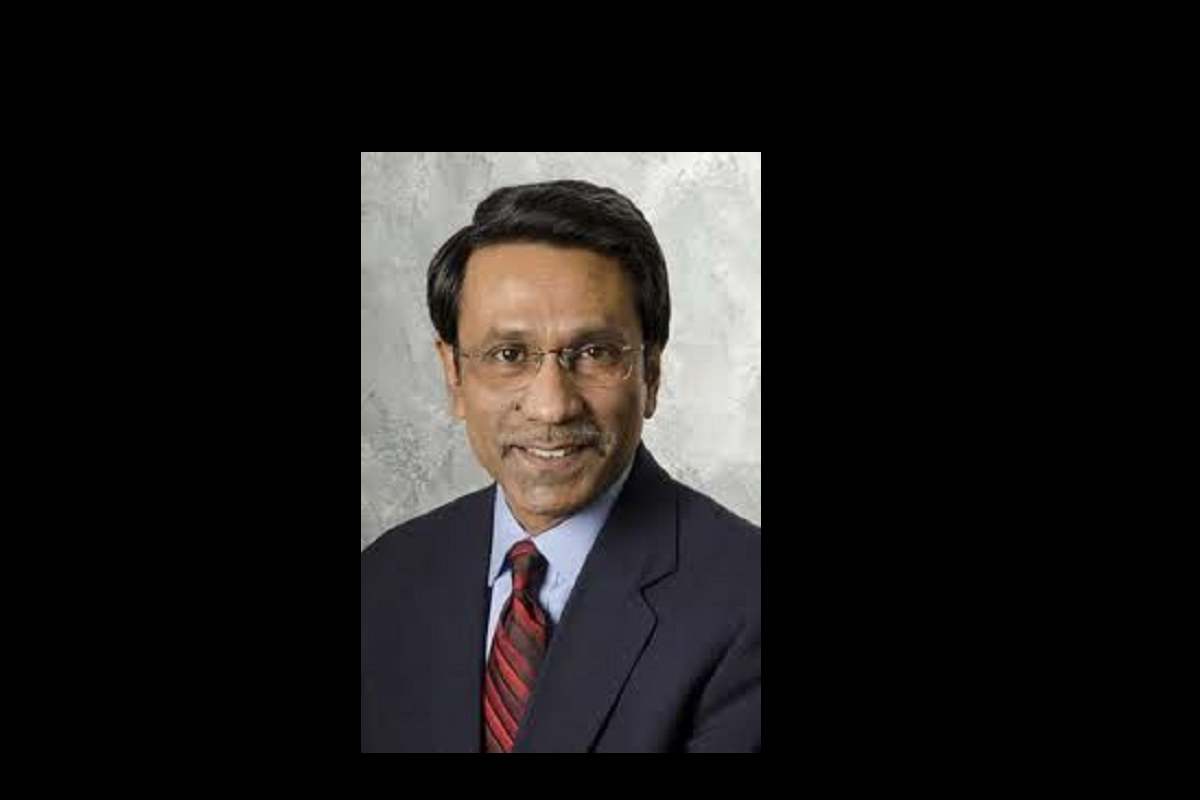Distinguished Professor Ali Riaz spoke at a webinar on the responses and implications of COVID-19 on the Muslim world. Organized by the Center for the Study of Muslim World at California State University, San Bernardino, Riaz, speaking as a panelist, discussed how Bangladesh has coped with the pandemic. As the country is currently facing the second wave of the surge, Riaz noted that the government has not managed the crisis well. Bangladesh faced the first surge last summer. Referring to the stimulus packages declared by the Bangladesh Government in the past year, Riaz said that they were highly skewed toward big businesses and corporations, leaving the most vulnerable and poor segments of the society behind. He applauded the government’s effort to secure vaccines from neighboring India, the largest producer of vaccinations, but underscored the need to explore other sources of vaccination. India is pausing its supply intermittently to address its own need. Riaz noted the global disparity in vaccine distribution and mentioned that globally high-income countries with 14 percent of the population have secured almost 53 percent of the vaccines. Riaz said it’s unacceptable that some countries are hoarding vaccines while many others have yet to receive any.
Riaz recently also participated in a Bengali language talk show of the German international broadcaster Deutsche Welle regarding the lockdown measures of the Bangladesh government. The government has imposed lockdown after infection and death rates skyrocketed in recent weeks. In March 2020, a limited lockdown was imposed but was not adhered to by many people. Riaz underscored the need for a comprehensive plan for confronting the pandemic and addressing the economic hardship faced by those who are employed in the informal sector.

